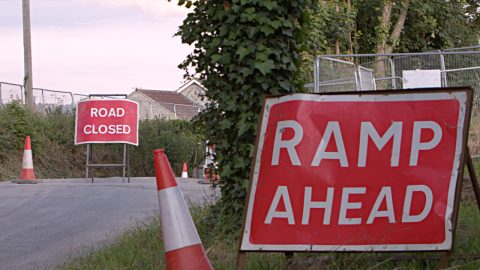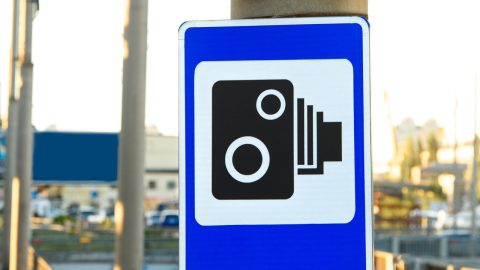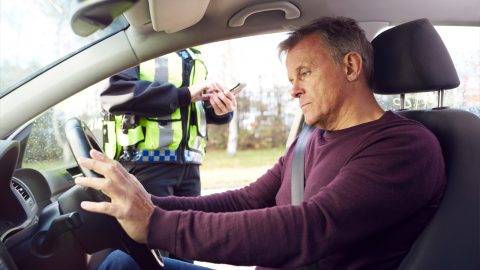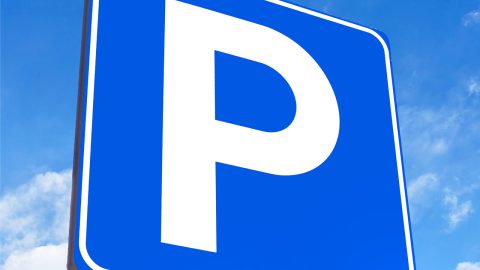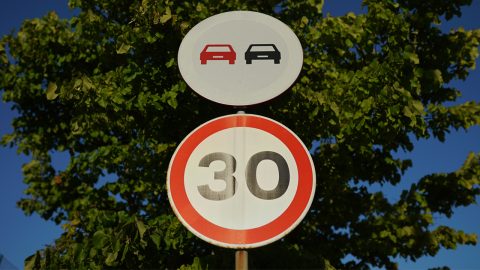If you’re caught speeding (and you actually were speeding), then there’s a set of actions that you need to make sure you take when it comes to admittance, otherwise, it can possibly land you in even more trouble & be very, very costly.
Here’s what you need to do if you’re caught speeding:
Notice of Intended Prosecution (NIP) and Section 172 Notice: If you’re caught speeding, either by a speed camera or a police officer, you’ll first receive a Notice of Intended Prosecution (NIP) through the mail within 14 days of the offence. The NIP is accompanied by a Section 172 notice, which you must return within 28 days, identifying who was driving the vehicle at the time of the offence.
Fixed Penalty Notice (FPN) or Speed Awareness Course Offer: Depending on the severity of the speeding offence and your driving history, you might be given the option to pay a Fixed Penalty Notice (FPN) or attend a speed awareness course instead of receiving points on your license. The FPN for most minor speeding offences is £100 and 3 penalty points on your driving license.
Paying the Fine: If you choose to accept the FPN and pay the fine, you can usually do this online, by phone, or by mail, depending on the issuing authority’s processes. The details for payment will be included with the FPN. Payment typically needs to be made within 28 days to avoid further penalties.
Court Summons for Serious Offences: If the speeding offence is more serious (significantly over the speed limit), you might not be offered a fixed penalty and could be summoned to court instead. In such cases, the process will be more involved, and the penalties can be more severe, including higher fines, more penalty points, or even a driving ban.
What if I don’t respond, don’t admit fault or dispute the Speeding Fine?
If you don’t respond, don’t admit fault, or dispute a speeding fine in the UK, there are several potential consequences, which can escalate depending on the action (or inaction) taken:
Reminder Notices: Initially, if you don’t respond to the first Notice of Intended Prosecution (NIP) and Section 172 notice, you’ll likely receive a reminder. This is a final opportunity to respond before more serious actions are taken.
Increased Fines and Additional Charges: Failure to respond to the NIP can lead to increased fines and additional charges, such as “Failing to Provide Driver Information,” which is a separate offence and can result in a higher fine and more penalty points than the original speeding offence.
Court Summons: If you continue to ignore the notices, the case can be escalated to court. You may receive a court summons requiring you to appear before a magistrate. At this stage, ignoring the summons can result in the case being heard in your absence, and the court can impose penalties without your input or defence.
Penalty Points and Driving Disqualification: The court may impose penalty points on your driving license, and depending on the severity of the offence and your previous driving history, you could also face disqualification from driving.
Increased Financial Penalties: In addition to the original fine, you may also be liable for court costs, which can significantly increase the total amount you have to pay.
Enforcement Actions: If a fine imposed by the court is not paid, enforcement actions can be taken. This could include bailiffs being sent to recover the amount owed, deductions from your earnings, or even a charge against your property.
Impact on Credit Score: Unpaid fines can potentially affect your credit score, making it more difficult for you to obtain credit, loans, or even some types of employment.
Arrest Warrant: In extreme cases, if you fail to respond to court summons or repeatedly fail to pay the fines imposed, a warrant for your arrest could be issued.
If you dispute the speeding fine and decide to challenge it in court, you should be prepared to present evidence to support your case. This might include witness statements, photographs, or expert testimony. It’s important to note that if you challenge the fine and lose, you might face higher costs and additional penalties compared to if you had accepted the fine initially.
Your Questions, Answered
You should carefully read the notice and follow the instructions provided. This usually involves completing and returning a Section 172 notice to confirm the identity of the driver at the time of the offence.
For minor speeding offences, you’re likely to receive a Fixed Penalty Notice (FPN) of £100 and 3 penalty points on your license. The fine can be higher for more serious offences or if the case goes to court.
Yes, most police forces allow you to pay speeding fines online. The NIP or FPN should provide details on how to make the payment, including a website and a reference number.
Failing to pay on time can lead to increased fines, additional charges, and possibly a court summons. It’s important to address the fine promptly to avoid further penalties.
Yes, you can challenge a speeding fine if you believe it was issued in error or if there are mitigating circumstances. However, this typically involves going to court, and you may need legal representation.
A Speed Awareness Course is an educational program designed for drivers to understand the risks of speeding. Eligibility for the course depends on the severity of the offence and your driving history. If offered and you choose to attend, you won’t have to pay the fine or receive penalty points.
Ignoring the NIP can lead to further legal action, including a court summons, increased fines, and additional charges such as “Failing to Provide Driver Information.”
The registered keeper of the vehicle will receive the NIP, but if they weren’t driving at the time, they must identify the actual driver using the Section 172 notice. Failing to do so can result in legal penalties.
Accumulating 12 or more penalty points within a 3-year period can lead to disqualification from driving under the ‘totting up’ procedure.
Yes, having a speeding offence on your record can increase your insurance premiums, as insurers may view you as a higher risk.

